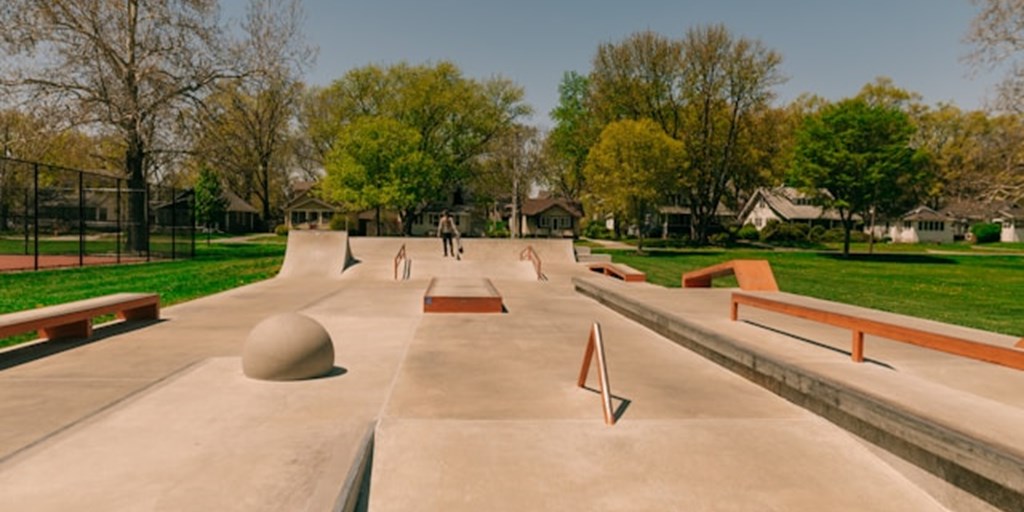Filing a Personal Injury Claim for Injuries Sustained in a Park

Parks offer a space for recreation, relaxation, and enjoyment, but accidents and injuries can occur. Understanding your rights and the steps involved in filing a personal injury claim for injuries sustained in a park is crucial. In this blog, we outline the essential information for California residents who find themselves injured in a park setting.
Types of Injuries in Parks
Injuries in parks can result from various circumstances, including:
- Slip and Fall Accidents: Uneven walkways, wet surfaces, and poorly maintained paths can lead to falls.
- Playground Accidents: Faulty playground equipment or inadequate supervision can cause injuries to children.
- Animal Attacks: Dog bites or other animal-related injuries can occur in parks allowing pets.
- Sports Injuries: Participating in sports or recreational activities without proper safety measures can result in harm.
Determining Liability
To file a personal injury claim, it's essential to identify who is liable for the injury. Liability may rest with:
- Municipal Authorities: If the park is publicly owned, the city or county responsible for park maintenance and safety could be held accountable.
- Private Entities: For injuries in privately-owned parks, the property owner or management may be liable.
- Third Parties: In some cases, another park visitor may be responsible, such as in incidents of dog bites or negligent actions leading to injury.
Steps to Filing a Claim
- Seek Medical Attention: Immediately seek medical care for your injuries. Medical records will be critical evidence in your claim.
- Report the Incident: Notify the park management or relevant authorities about the incident and ensure an official report is filed.
- Document Everything: Take photos of the injury scene, gather witness statements, and keep records of all medical treatments and expenses.
- Consult a Personal Injury Lawyer: An experienced lawyer can help navigate the complexities of personal injury claims and ensure your rights are protected.
Understanding the Statute of Limitations
In California, the statute of limitations for personal injury claims is generally two years from the date of the injury. However, if a government entity is involved, you must file a claim within six months. Missing these deadlines can bar you from seeking compensation.
Compensation for Injuries
Victims of park injuries may be entitled to various forms of compensation, including:
Medical Expenses
One of the primary concerns following an injury is covering medical costs. Compensation for medical expenses can include a wide range of costs, such as:
- Emergency Room Visits: Initial treatment following an injury, including any necessary tests like X-rays or MRIs.
- Hospital Bills: Charges for inpatient care, surgeries, and any follow-up treatments.
- Medications: Prescription drugs required to manage pain, infections, or other injury-related conditions.
- Rehabilitation Costs: Physical therapy or other forms of rehabilitation needed to recover mobility and function.
- Specialist Consultations: Visits to specialists such as orthopedic surgeons or neurologists for specific injury-related issues.
- Medical Equipment: Costs for items like crutches, wheelchairs, or braces that aid in recovery.
Lost Wages
Injuries often result in missed work, leading to a loss of income. Compensation for lost wages can help mitigate this financial impact and may cover:
- Salaries and Wages: Reimbursement for regular earnings lost due to time off work.
- Overtime Pay: Compensation for any overtime hours that would have been worked.
- Bonuses and Promotions: Consideration for missed bonuses or promotions due to injury-related absences.
- Sick Leave and Vacation Days: Replenishment of sick leave or vacation days used during recovery.
Pain and Suffering
Beyond the tangible costs, injuries can significantly affect one's quality of life. Compensation for pain and suffering addresses the non-economic damages, which may include:
- Physical Pain: Chronic pain or ongoing discomfort resulting from the injury.
- Emotional Distress: Anxiety, depression, or other emotional issues stemming from the accident.
- Loss of Enjoyment: Inability to participate in hobbies, sports, or other activities enjoyed before the injury.
- Scarring and Disfigurement: Compensation for any lasting physical changes that affect appearance or self-esteem.
Property Damage
Injuries sustained in parks can also lead to damage to personal property. Compensation for property damage may include:
- Clothing and Personal Items: Reimbursement for clothes, eyeglasses, or other personal items damaged during the incident.
- Sports Equipment: Costs to repair or replace damaged sports gear or recreational equipment.
- Electronics: Coverage for phones, cameras, or other electronic devices that were damaged in the accident.
- Vehicles: If the injury involved a vehicle, such as a bicycle or scooter, compensation might cover repair or replacement costs.
Understanding and pursuing these forms of compensation can significantly aid in the recovery process, ensuring that victims are not left bearing the financial burden of their injuries.
Speak to a California Personal Injury Attorney
Filing a personal injury claim for injuries sustained in a park requires careful attention to detail and a clear understanding of legal processes. At Harris Personal Injury Lawyers, we are committed to helping you secure the compensation you deserve. If you or a loved one has been injured in a park, contact us at 1-800-GO-HARRIS or fill out our contact form to schedule a free consultation. Our experienced team is here to support you every step of the way.
< Back to all news

